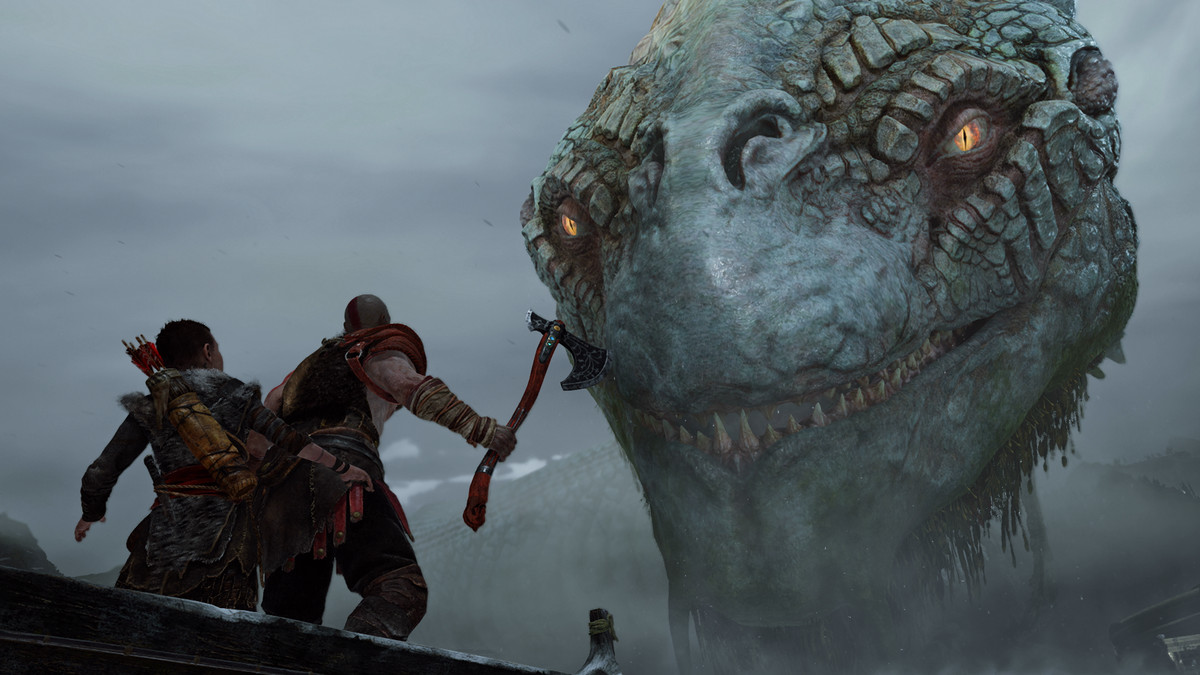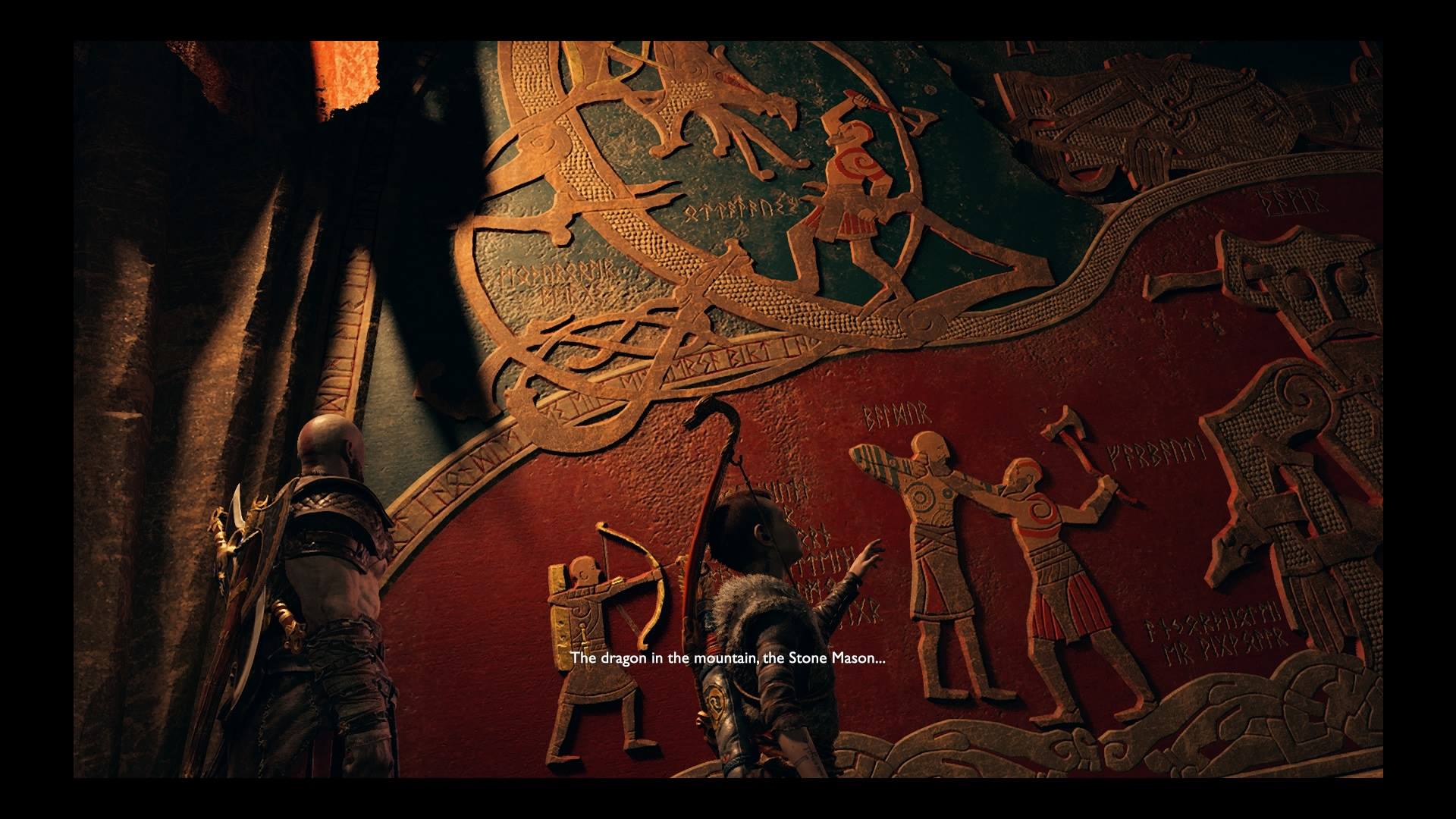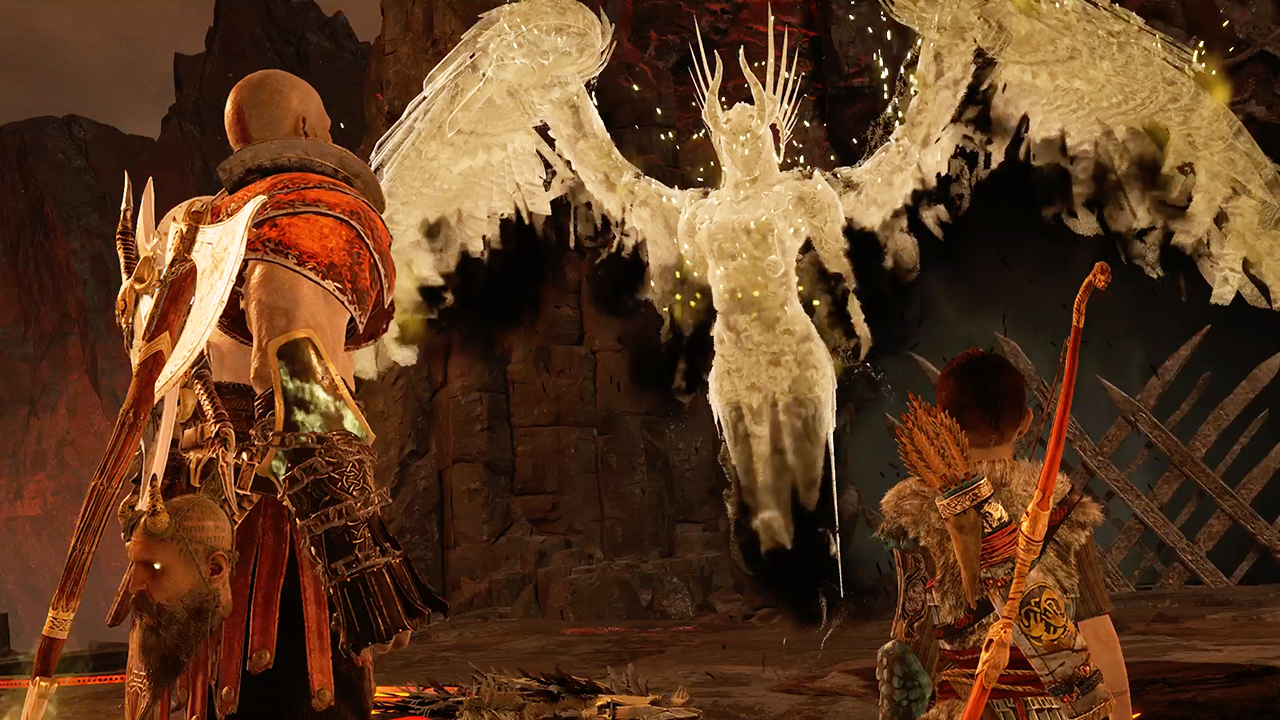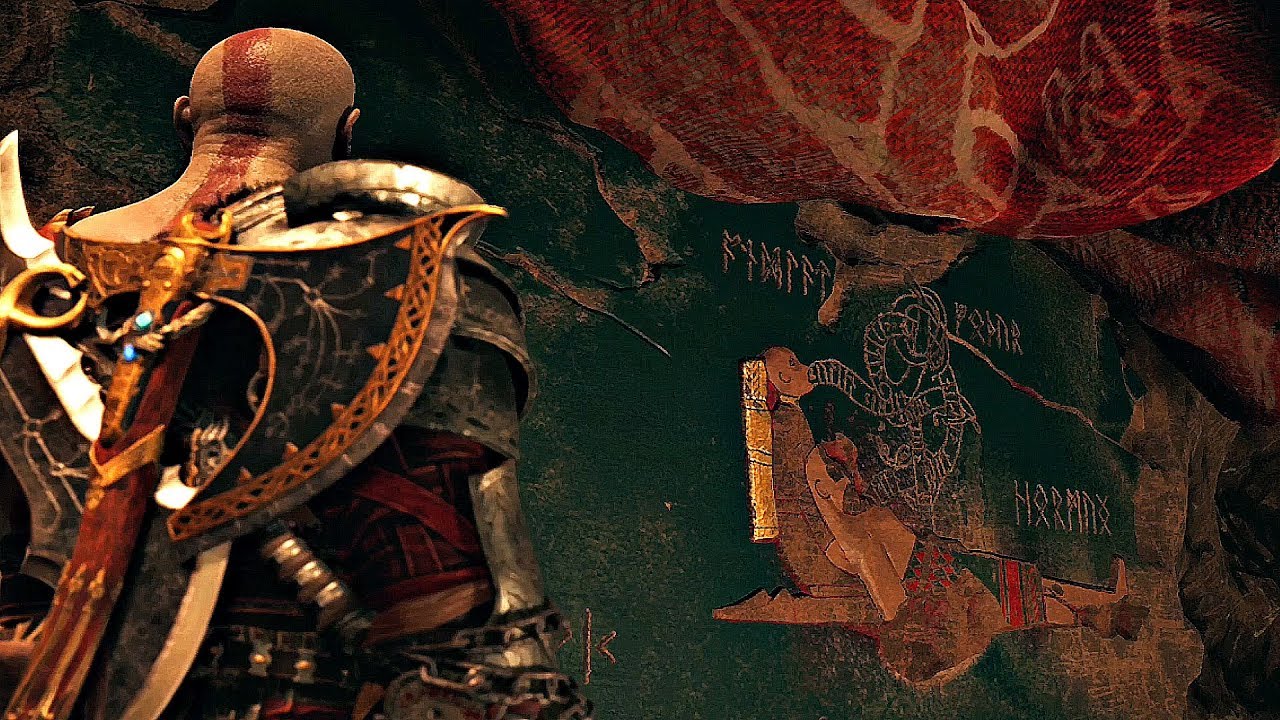
DISCLAIMER:
*THIS ARTICLE CONTAINS MAJOR SPOILERS FOR GOD OF WAR. READ ON AT YOUR OWN RISK.”
Cory Barlog and Santa Monica Studio’s epic God of War wowed the world when it launched in April 2018, as fans delighted in the reimagining of the brutal Kratos. Although fans of the series loved the depiction of the eponymous God of War from the Grecian trilogy, his maturity in the most recent installment aged his character wonderfully, making him an anti-hero worth getting behind. However, Kratos wasn’t the only thing that was reimagined in God of War (2018); when examined closely, it seems that Barlog and his team are set to rewrite Ragnarok.
Although the characters and locations of God of War perfectly capture the essence of the Poetic Edda and the Prose Edda, there are several things that are done differently in the popular game. Bear in mind that “differently” doesn’t mean “badly;” in fact, it means quite the opposite.

The endgame reveal that Atreus is named Loki testifies to the fantastic writing of the game’s story, as everything up until that point is contextualized once this has been realized. For instance, Atreus discusses his desire to be able to transform into animals while he accompanies his father out of the Witch’s Cave; Loki is known as a shape-shifter, mostly due to his jotunn blood. Laufey, the giantess, is the mother of Loki in Norse mythology and is the name from which “Faye” is derived in God of War. Kratos plays the part of Farbauti, which is actually how his name reads on the mural at the end of the game (ᚠᚨᚱᛒᚨᚢᛏᛁ). Farbauti means, “He who strikes dangerous blows,” so it’s no wonder that Kratos earned himself such a title from the giants. By making Kratos Loki’s father, God of War immediately sets out to rewrite the Norse myths. However, the endgame reveal is only the beginning.
Jormungandr, or the World Serpent, is traditionally seen as the son of Loki and a giantess named Angrboda. In God of War, Jormungandr is full size; however, Loki is but a boy. This implies one of two things—either Atreus is Loki in an unconscious form, or this iteration’s Loki is different to the traditional version of the giant-born god.

Interestingly, Loki’s other children do not appear in God of War, either. Fenrir, the great wolf, is not in the game, nor is Hel, who holds dominion over Helheim. It is therefore not beyond the realm of belief to consider that perhaps the gods managed to temporarily avoid Ragnarok. Tyr is supposedly dead already, which is not supposed to happen until far later in the timeline, and Magni and Modi are supposed to outlive their father, Thor, which doesn’t happen.
It is important to note that Tyr was Fenrir’s playmate. Therefore, his collusion with Faye in relation to hiding the Jotunheim tower is likely due to his loyalty to Loki’s son. Perhaps Odin discovered Tyr’s actions and dealt with him accordingly; perhaps Fenrir and Hel are with the giants who escaped from Jotunheim, waiting for Ragnarok to commence under different circumstances this time. Odin imprisoned the Valkyries and Helheim was overrun, which likely had something to do with the fact that Hel had escaped in order to be with her own kind. Now the Valkyries too will know of Odin’s treachery, and may decide to fight on the side of the giants at Ragnarok.

Interestingly, Atreus and Freya’s confrontation after the death of Baldr also draws attention to an important part of Norse mythology. One day, a wanderer visits Asgard and offers to build a wall in three seasons. If he succeeds in doing so, he wants the sun, the moon, and Freya’s hand in marriage. Loki negotiates, getting the man to agree to completing the wall in a single season. He and all the gods are convinced that the feat is impossible; however, as the wall gets higher and higher, Freya begins to resent Loki. Just as the wall is about to be finished, Loki shape-shifts into a mare, attracting the attention of the man’s stallion. Without his horse, the man cannot complete the wall. He reveals himself to be a jotunn, or a giant, and promises that Asgard will pay for its foul play. Despite Loki’s intervention, Freya resented him for offering her to a giant, and continued to harbor that resentment until Ragnarok, the end of all things. Freya’s resentment after the death of Baldr in God of War is perhaps indicative of a pivotal moment in Asgardian opinions of Loki.
While Loki’s children may be safe for now, Freya may be resentful enough of Kratos and Loki to return to the Aesir in Asgard before the beginning of Ragnarok. If she elects to do so, the prerequisites for Ragnarok will be in place; Loki, the jotunn-born god that will fight on the side of the giants at Ragnarok is now the enemy of the Aesir and the Vanir alike. Kratos, his father, the infamous god-killer, will fight alongside his son at the end of all things. However, Kratos is Greek, and his hamartia, or tragic flaw, bears an inescapable fate.

When Ragnarok commences, the blood of gods and giants will paint the sea red and black. Loki is fated to enter combat with Heimdallr, he who sees everything. Both are due to fatally wound the other; this will not be the case in God of War. The mural at the end of the game gave many people reason to believe that Atreus would turn on his own father, just as Kratos had turned on Zeus. Thus, Kratos’ patricide would be punished by the betrayal of his own son. However, it is perhaps more likely that Kratos’ tragic flaw is that he is not like his father. In Helheim, Atreus learned that his father had committed patricide; what Atreus, or Loki, doesn’t know is that Kratos is not like his father. When Ragnarok begins, and Loki enters his predestined combat with Heimdallr, it will not be Loki who is fatally wounded. Kratos, the god who killed his own father, will be killed in order to protect his own son. A tragic flaw imbued in the core of his very existence, but a flaw that redeems him in the eyes of his son. Loki, helper and betrayer of the gods, son of Farbauti and Laufey, will win at Ragnarok, just as he claimed to do when he lay beside Heimdallr after their epic battle in parallel tellings of this tragic tale.
Ragnarok is supposed to be the end of all things; however, Kratos has never intervened before. This time, the giants of Jotunheim will defeat the cruel Asgardians. This time, Loki will have a father to protect him from his destiny.





